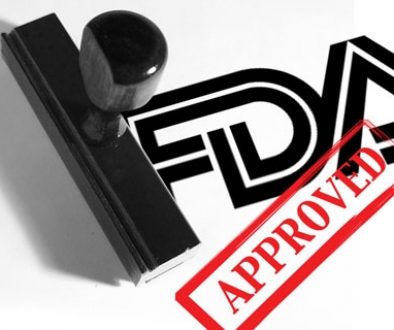May is Mental Health Month
 Mental health has long been ignored by our society because it’s not easy to diagnose. Recent studies suggest about half of all mental illness arises by age 14. About 2 million teens experience clinical depression each year. The cost of this is suffering school work, substance abuse, increase risk of pregnancy, social isolation and suicide. More and more pediatricians are including depression screening as part of the annual physical — just like checking their height, weight and blood pressure. Ned Calonge, chair of the U.S. Preventive Services Task Force and chief medical officer at the Colorado Department of Public Health and Environment says, “The fact that we can identify these kids through screening, then effectively treat them in terms of improving their health status, is why we think this is a worthwhile recommendation for all kids.”
Mental health has long been ignored by our society because it’s not easy to diagnose. Recent studies suggest about half of all mental illness arises by age 14. About 2 million teens experience clinical depression each year. The cost of this is suffering school work, substance abuse, increase risk of pregnancy, social isolation and suicide. More and more pediatricians are including depression screening as part of the annual physical — just like checking their height, weight and blood pressure. Ned Calonge, chair of the U.S. Preventive Services Task Force and chief medical officer at the Colorado Department of Public Health and Environment says, “The fact that we can identify these kids through screening, then effectively treat them in terms of improving their health status, is why we think this is a worthwhile recommendation for all kids.”
Last year, Virginia Senator Creigh Deeds was stabbed repeatedly by his son, Gus. Creigh survived, but his son shot and killed himself. The day prior to the attack, Gus had undergone a psychiatric evaluation and the magistrate judge issued an emergency custody order. But, Gus was sent home after being told no psychiatric beds were available. Officials at the local community service board initially said all area hospitals had been contacted, but none had space for the young man. Later, it was learned that nearby hospitals confirmed that they had not been called.
States have been reducing hospital beds because of insurance pressures as well as to provide more care outside of institutions. Robert Glover, executive director of the National Association of State Mental Health Program Directors, said that “states have cut $5 billion in mental health services from 2009 to 2012. In the same period, the country eliminated at least 4,500 public psychiatric hospital beds – nearly 10% of the total supply.” Many people with mental illness get no care at all.
Thomas Insel, director of the National Institute of Mental Health, stated, “The way we pay for mental health today is the most expensive way possible. We don’t provide support early, so we end up paying for lifelong support.”
More statistics:
- Nearly 40% of adults with schizophrenia or bipolar disorder received no treatment.*
- Among adults with any mental illness, 60% were untreated.*
- Suicide claims the lives of 38,000 Americans per year. That’s more than car accidents, prostate cancer and homicides. **
- 90% of suicides are related to mental illness. ***
*2012 National Survey of Drug Use and Health.
**Centers for Disease Control and Prevention.
***National Institute of Mental Health



